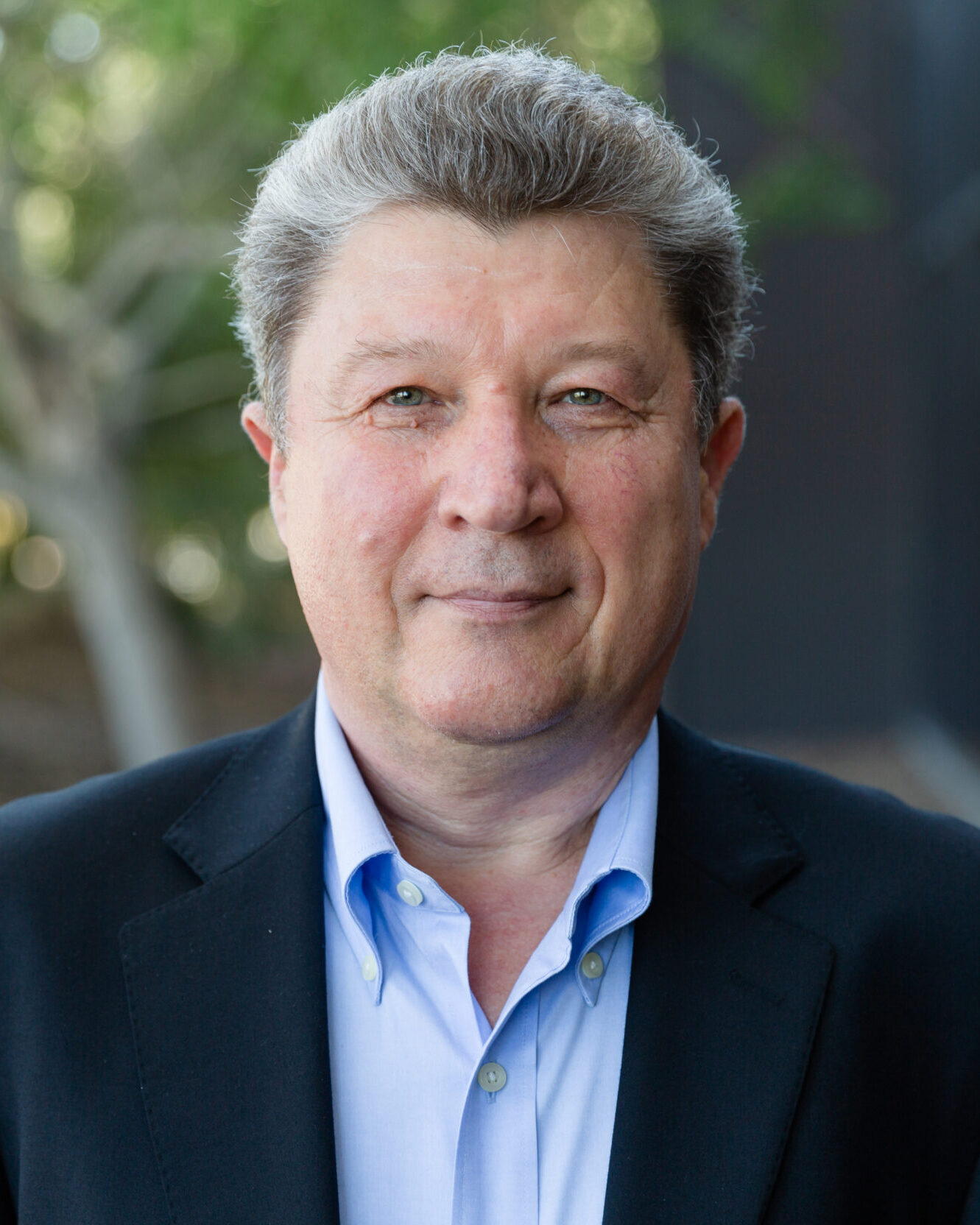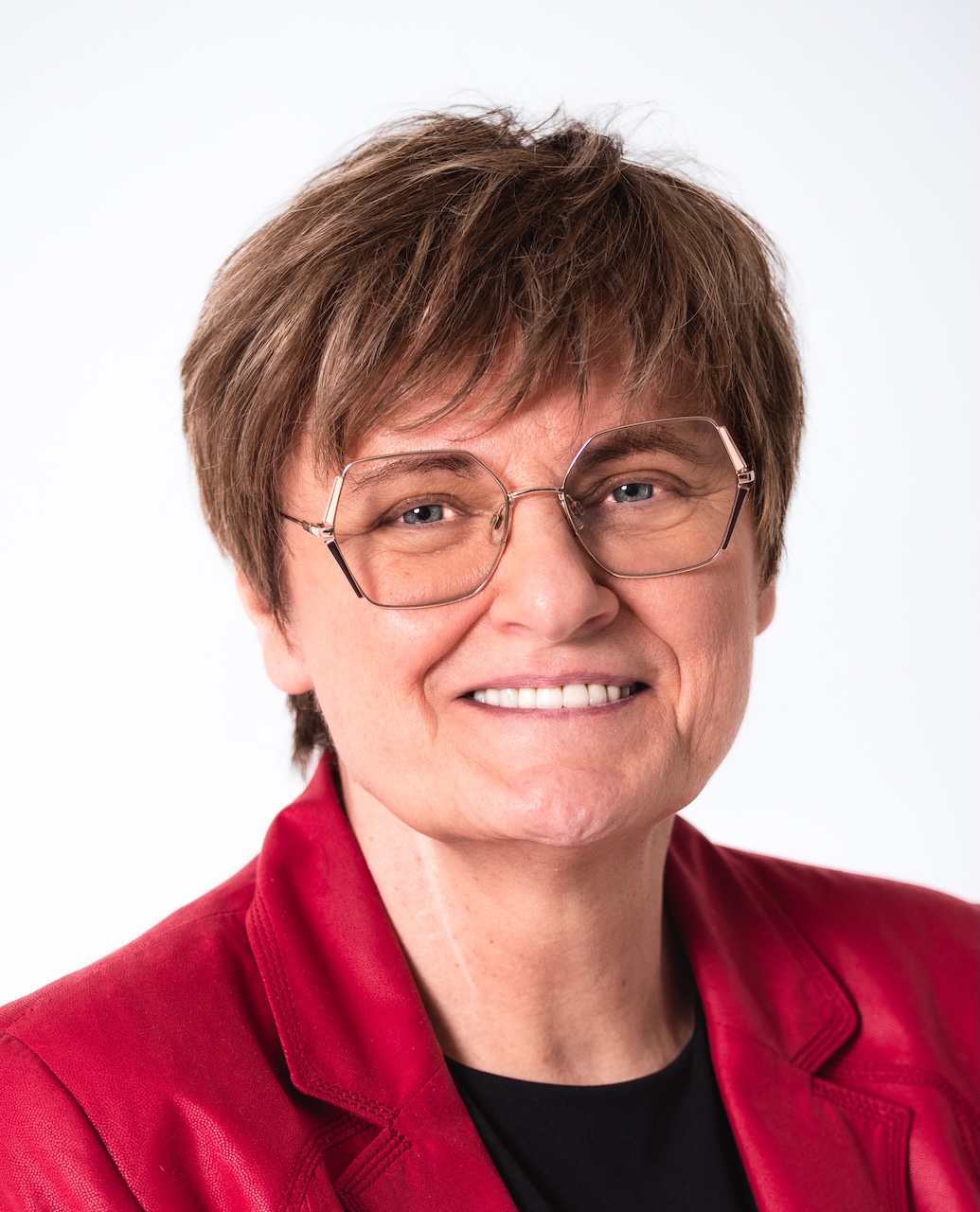New Treatment Possibilities in Primary Ciliary Dyskinesia
PCD is a rare genetic disorder that leads to chronic respiratory infections.
PCD affects the cilia, the tiny hair-like structures on the surface of cells that line the upper and lower airways. This leads to mucus and debris building up in the respiratory tract, sinuses, and ears. Consequently, patients may suffer from chronic respiratory infections, chronic ear infections, and more.
Mutations in more than 40 different genes result in dysfunctional cilia and loss of MCC. PCD is a progressive disorder, meaning it will get worse over time, for which no cure currently exists. There are estimated to be more than 87,000 people affected with PCD across North America and Europe, with more worldwide.

“We have the potential to impact patients that don’t have any therapies. What’s really exciting about what we’re doing in PCD research is bringing the ideas behind genetic medicines, targeted delivery by inhalation in the lung, to patients in need where there are no other treatments on the horizon.”
Jessica Couch, Ph.D., DABT
Senior Vice President, Early Development
Changing the landscape of treatment options for PCD
There are currently no approved treatments for PCD, a rare genetic disease caused by inherited mutations leading to loss of ciliary activity (and therefore the loss of normal mucus clearance) in the airways.ReCode is developing RCT1100, an investigational mRNA-based therapeutic for PCD caused by pathogenic mutations in DNAI1, a gene that encodes a protein essential for ciliary movement.












